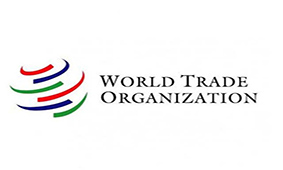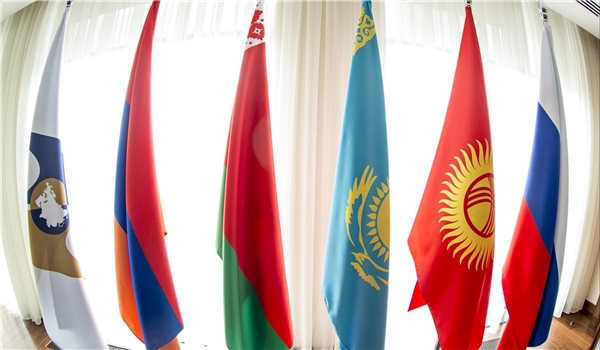
Iran Finalizing Steps to Form FTZ with EAEU

The Iranian government has cleared a last hurdle to its bid to launch a free trade zone with the EAEU, a major regional organization which could help Tehran increase its revenues from non-oil export at the time of increased US sanctions.
Spokesman of Iran’s Guardian Council Abbas Ali Kadkhodayee, said on Wednesday that the GC, which oversees government’s accession to regional and international treaties, had approved an agreement signed on May 17, 2018 between Iran and the EAEU that was meant to facilitate trade between the two sides.
Kadkhodayee said on Twitter that the Guardian Council viewed the deal as a major component of Iran’s strategy to forge better relations with countries in the East.
“This agreement will be a substantial help to (Iran’s) economic development and to defeat sanctions using diplomacy and the potential of international and regional organizations,” said Kadkhodayi in his tweet.
In November, Russia, the dominant power in the EAEU, ratified the agreement which took some 18 months to negotiate.
The deal will be a significant boost to Iran’s efforts to diversify its economy and reduce its dependence on oil income.
Suffering from a new wave of US sanctions, Tehran is eyeing to significantly increase its non-oil trade with 15 nearby and neighboring countries, some of them, member to the EAEU.
Back in February, in a bid to bring the countries closer to the free trade zone between Iran and the EAEU, Representatives from Iran, Russia and Kazakhstan signed a memorandum of understanding (MoU) in Moscow for cooperation in wheat trading.
Last year, Russian President Vladimir Putin called on the member states of the Eurasian Economic Union (EEU) to create a common dollar-less payment system for “boosting economic sovereignty.”
The bloc, which consists of Russia, Kazakhstan, Belarus, Kyrgyzstan and Armenia, has free trade agreements with multiple partners across the globe, including Iran and China.
Since its inception five years ago, the EAEU has managed to massively expand its trade with major economies in the Middle East and in East Asia.



Trump weighs using $2 billion in CHIPS Act funding for critical minerals

Codelco cuts 2025 copper forecast after El Teniente mine collapse

Electra converts debt, launches $30M raise to jumpstart stalled cobalt refinery

Barrick’s Reko Diq in line for $410M ADB backing

Abcourt readies Sleeping Giant mill to pour first gold since 2014

Nevada army depot to serve as base for first US strategic minerals stockpile

SQM boosts lithium supply plans as prices flick higher

Viridis unveils 200Mt initial reserve for Brazil rare earth project

Tailings could meet much of US critical mineral demand – study

Kyrgyzstan kicks off underground gold mining at Kumtor

Kyrgyzstan kicks off underground gold mining at Kumtor

KoBold Metals granted lithium exploration rights in Congo

Freeport Indonesia to wrap up Gresik plant repairs by early September

Energy Fuels soars on Vulcan Elements partnership

Northern Dynasty sticks to proposal in battle to lift Pebble mine veto

Giustra-backed mining firm teams up with informal miners in Colombia

Critical Metals signs agreement to supply rare earth to US government-funded facility

China extends rare earth controls to imported material

Galan Lithium proceeds with $13M financing for Argentina project

Kyrgyzstan kicks off underground gold mining at Kumtor

Freeport Indonesia to wrap up Gresik plant repairs by early September

Energy Fuels soars on Vulcan Elements partnership

Northern Dynasty sticks to proposal in battle to lift Pebble mine veto

Giustra-backed mining firm teams up with informal miners in Colombia

Critical Metals signs agreement to supply rare earth to US government-funded facility

China extends rare earth controls to imported material

Galan Lithium proceeds with $13M financing for Argentina project

Silver price touches $39 as market weighs rate cut outlook

















